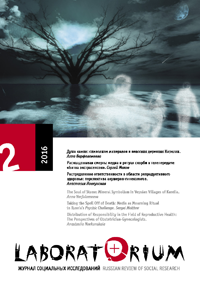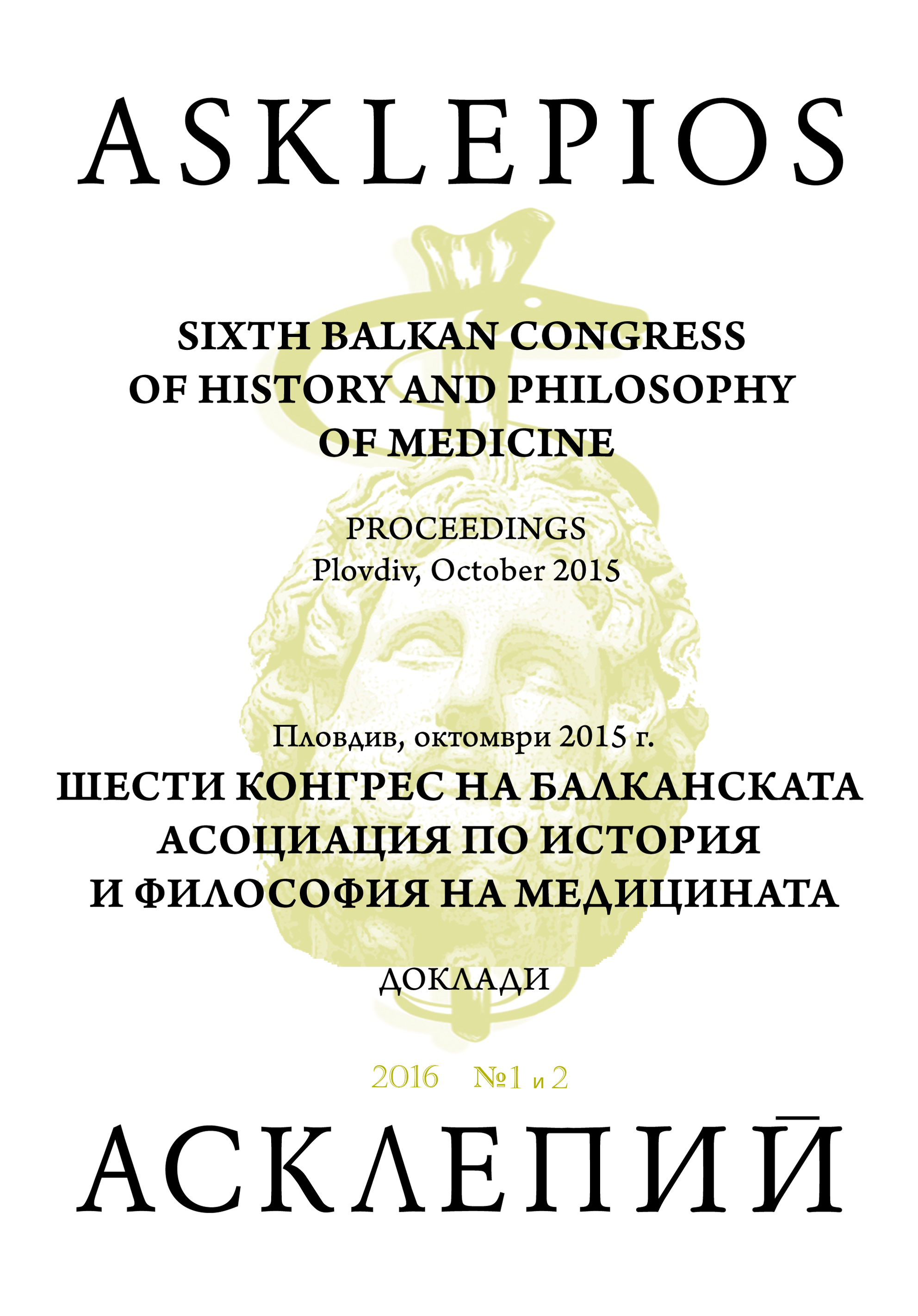
Michael David-Fox. Crossing Borders: Modernity, Ideology, and Culture in Russia and the Soviet Union. Pittsburgh, PA: University of Pittsburgh Press, 2015
Review of: Tatiana Borisova - Michael David-Fox. Crossing Borders: Modernity, Ideology, and Culture in Russia and the Soviet Union. Pittsburgh, PA: University of Pittsburgh Press, 2015. 336 pp. ISBN 978-0-8229-6367-7.
More...
